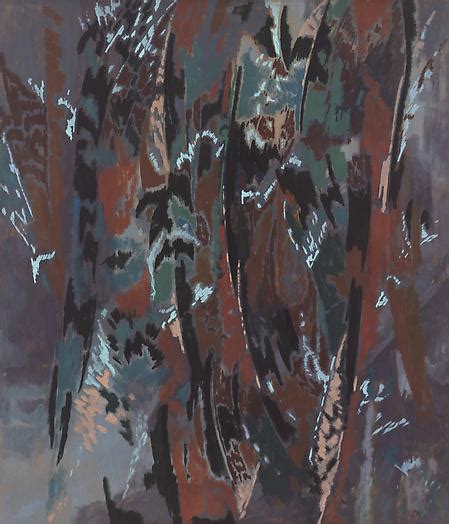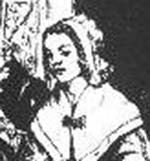A Quote by Arnold Newman
The subject must be thought of in terms of the 20th century, of houses he lives in and places he works, in terms of the kind of light the windows in these places let through and by which we see him every day.
Related Quotes
D-Day represents the greatest achievement of the american people and system in the 20th century. It was the pivot point of the 20th century. It was the day on which the decision was made as to who was going to rule in this world in the second half of the 20th century. Is it going to be Nazism, is it going to be communism, or are the democracies going to prevail?
Today's photographers think differently. Many can't see real light anymore. They think only in terms of strobe - sure, it all looks beautiful but it's not really seeing. If you have the eyes to see it, the nuances of light are already there on the subject's face. If your thinking is confined to strobe light sources, your palette becomes very mean - which is the reason I photograph only in available light.
Marriage is an ongoing, centuries-long social experiment that is mostly controlled by the individuals in the relationships who insist on determining what the relationship terms are going to be. And that's why the terms of marriage change with every century and decade. We're shaping it from the inside. Marriage endures because it evolves. Obviously it does. None of us would accept marriage on its 13th century terms, not even the most conservative people...
Probably it's insufficient to say that behind the governments, behind the apparatus of the State, there is the dominant class; one must locate the point of activity, the places and forms in which its domination is exercised. And because this domination is not simply the expression in political terms of economic exploitation, it is its instrument and, to a large extent, the condition which makes it possible; the suppression of the one is achieved through the exhaustive discernment of the other.
And if you love the light, then you come to the light to be proved, and tried whether your works be wrought in God. But that which hates the light, turns from the light, and that shall be condemned by the light forever. And though you may turn from the light, where the unity is, and you may turn from the eternal truth; but from the witness of God in your consciences, (which he hath places in you, which beareth witness for the living God,) you can never fly; that shall pursue you wherever you go.




































